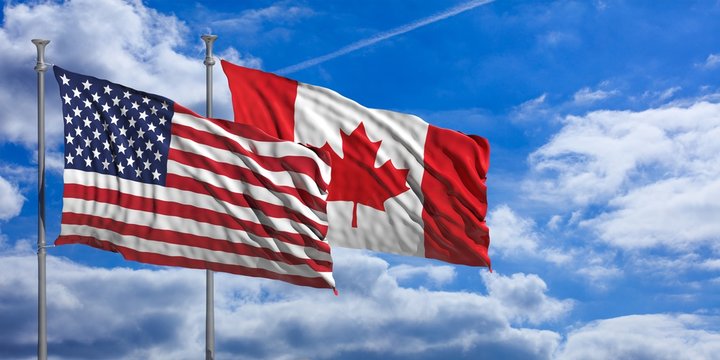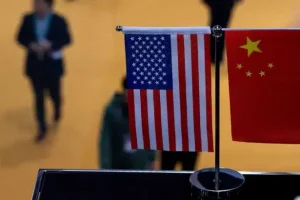
Canadian Prime Minister Mark Carney has announced a set of measured countermeasures in response to the latest round of U.S. tariffs, while strongly criticizing President Donald Trump’s protectionist policies as a setback for global trade.
Speaking at a press conference on Thursday, Carney revealed that Canada would mirror the U.S. approach by imposing a 25% tariff on all non-compliant vehicles imported from the United States under the U.S.-Mexico-Canada Agreement (USMCA). However, he clarified that the new tariffs would exclude auto parts and would not impact vehicles containing components from Mexico.
Carney expressed skepticism about any immediate policy reversal from Washington, saying, “Given the prospective damage to their own people, the American administration should eventually change course. But I don’t want to give false hope.” He emphasized that while the U.S. might eventually shift its stance, Canada’s existing tariffs would remain in place as a defensive measure.
The economic impact of Trump’s new tariffs was felt almost immediately, sending shockwaves through financial markets. His 10% baseline tariff on all U.S. imports, along with significantly higher duties on specific countries, sparked fears of escalating trade tensions and drove investors away from riskier assets.
Carney lamented what he described as the end of an era in global trade, stating, “The 80-year period when the United States embraced the mantle of global economic leadership, when it forged alliances rooted in trust and mutual respect and championed the free and open exchange of goods and services, is over. This is a tragedy.”
As Canada braces for potential economic disruptions, Carney’s measured response signals a commitment to defending Canadian interests while avoiding a full-scale trade war. However, with tensions rising, the long-term implications of Trump’s aggressive tariff policies remain uncertain.





